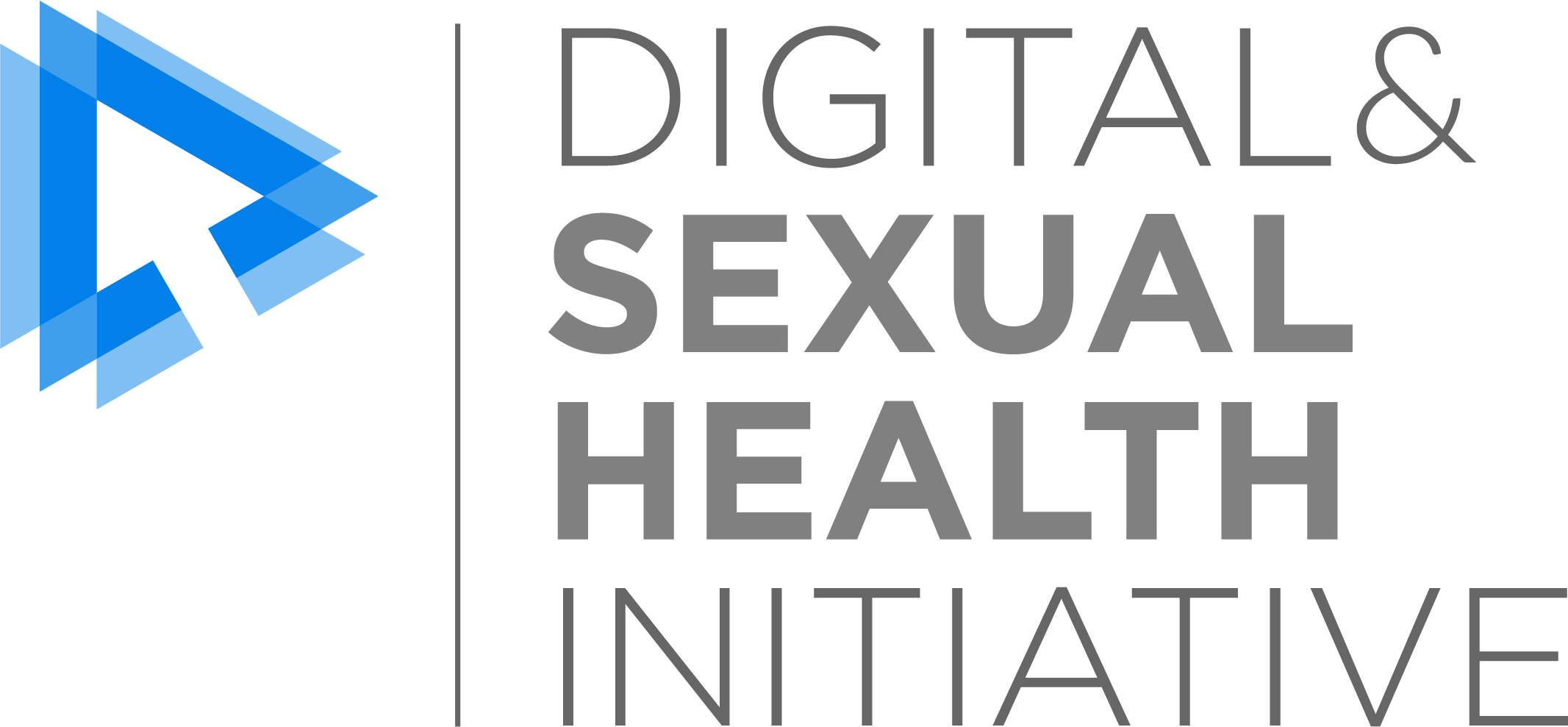Challenges in the development of digital public health interventions and mapped solutions: Findings from a scoping review
Research theme(s)
Digital Health
Ihoghosa Iyamu, Oralia Gómez-Ramírez, Alice X T Xu, Hsiu-Ju Chang, Sarah Watt, Geoff McKee, Mark Gilbert.
Digital Health. 2022. DOI:10.1177/20552076221102255.
Background
“Digital public health” has emerged from an interest in integrating digital technologies into public health. However, significant challenges which limit the scale and extent of this digital integration in various public health domains have been described. We summarized the literature about these challenges and identified strategies to overcome them.
Methods
We adopted Arksey and O’Malley’s framework (2005) integrating adaptations by Levac et al. (2010). OVID Medline, Embase, Google Scholar, and 14 government and intergovernmental agency websites were searched using terms related to “digital” and “public health.” We included conceptual and explicit descriptions of digital technologies in public health published in English between 2000 and June 2020. We excluded primary research articles about digital health interventions. Data were extracted using a codebook created using the European Public Health Association’s conceptual framework for digital public health.
Results and analysis
Overall, 163 publications were included from 6953 retrieved articles with the majority (64%, n = 105) published between 2015 and June 2020. Nontechnical challenges to digital integration in public health concerned ethics, policy and governance, health equity, resource gaps, and quality of evidence. Technical challenges included fragmented and unsustainable systems, lack of clear standards, unreliability of available data, infrastructure gaps, and workforce capacity gaps. Identified strategies included securing political commitment, intersectoral collaboration, economic investments, standardized ethical, legal, and regulatory frameworks, adaptive research and evaluation, health workforce capacity building, and transparent communication and public engagement.
Conclusion
Developing and implementing digital public health interventions requires efforts that leverage identified strategies to overcome diverse challenges encountered in integrating digital technologies in public health.
